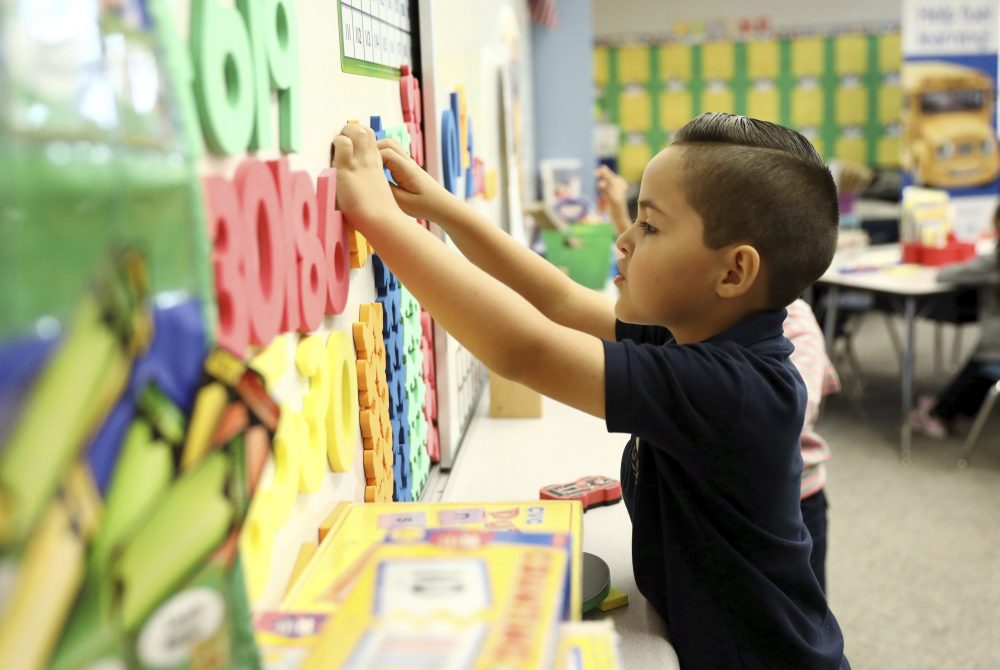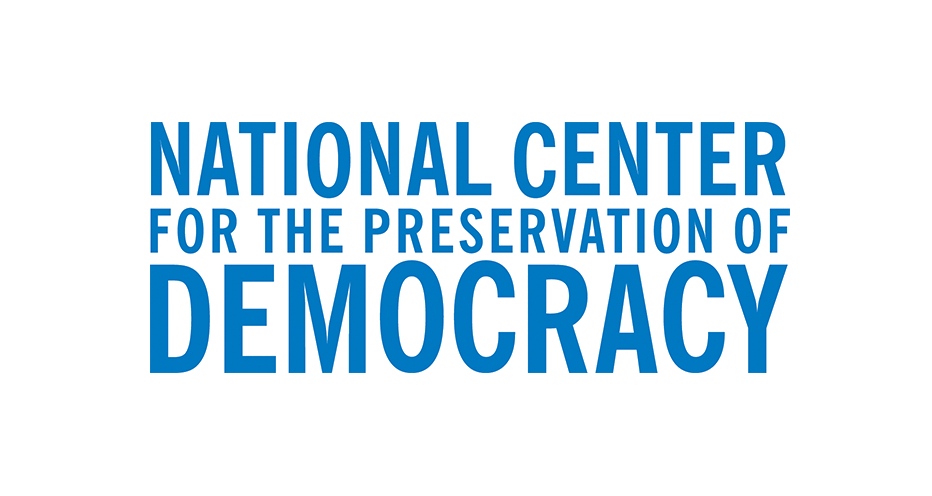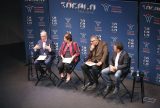
A student at Kornblum Elementary School in Hawthorne, California. Photo by Matt Sayles/Associated Press.
Relentless verbal attacks on Mexican immigrants and Muslims by President Trump and nativist pundits are one piece of a larger phenomenon. Media, academic, and law enforcement surveys suggest a rise in racist rhetoric against immigrants in this country and around the world. The effect of such rhetoric on social media has been a subject of study, but less is known about its broader social impact. Do racist words translate into violence? Does such rhetoric inhibit targeted minorities from participating in civic life, interacting with law enforcement authorities, or obtaining the services they need? And what does it mean for children—and for their health, education, and self-esteem—to grow up in an environment where such rhetoric is routine? Director of the Center for the Study of Latino Health and Culture at UCLA School of Medicine David Hayes-Bautista, Los Angeles Superior Court Judge Dean Hansell, and UCLA psychologist Patricia Greenfield visit Zócalo to discuss the social costs of the racist rhetoric that surrounds us.
111 N. Central Ave
Los Angeles, CA 90012
The Takeaway
When Racist Language Spreads, Immigrants Suffer—and the Social Fabric Frays
The Recurring Backlash Against U.S. Newcomers Triggers Threats to Health, Safety, and the Rule of Law
If immigrant children are exposed to racist hate speech, how will it affect their mental and physical health? If elected officials indulge in immigrant-bashing rhetoric, could they embolden white supremacists …







